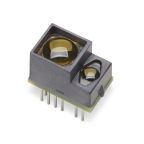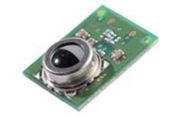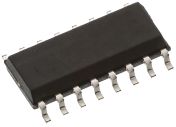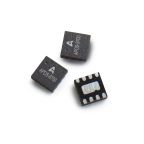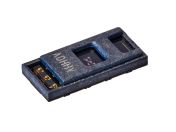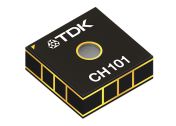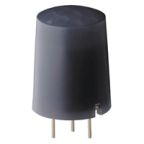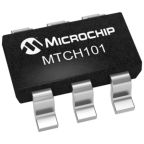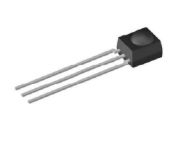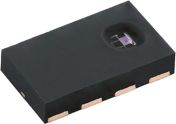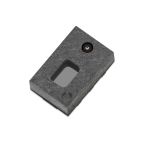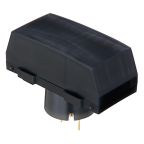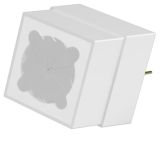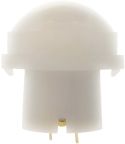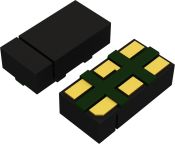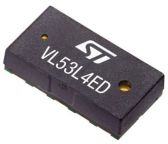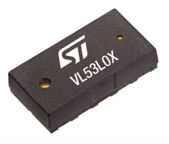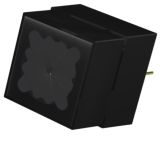Proximity Sensor ICs
Proximity Sensor ICs are used for object detection within a defined distance of the sensor. The proximity sensor sits within a circuit and provides output signals to trigger other functions. Proximity sensor ICs (integrated circuits) are components which are to be designed into PCBs.
Where are they used?
Proximity sensors ICs are designed into circuits for various non-contact sensing applications. They are often used in machine automation, mobile phones, proximity alarm systems, parking sensors as well as in military applications.
Types of Proximity Sensors
Various proximity sensor ICs are available, using a range of sensing technologies. These detection types benefit various applications depending on the users end goal and the system requirements. Some of the main proximity sensors use inductive, capacitive or infrared sensing depending on their application or sensing environment.
What are inductive proximity sensors?
Inductive sensors are used to detect metallic objects. Using a simple electromagnetic field, the sensor monitors the rise and fall of oscillation when a metallic object comes within the sensing range. This variation is monitored by a threshold circuit that can generate the relevant output signal when triggered. Operating ranges will vary depending on the shape and size of the sensor as well as the types of material that expect to be monitored by the sensor.
What are capacitive proximity sensors?
Capacitive sensors can be used for both metal and non-conductive objects. They offer Capacitive sensors use an electrical field to detect objects. Any changes in capacitance in the sensing area are detected by the sensor, which then changes state.
Example of proximity sensing:
Many smartphones today feature proximity sensing. An example of this is when you hold your phone to your ear, the sensor will detect this as an object in close proximity. This detection then triggers the screen to switch off. Proximity sensors are also used in switches, for example with hand gestures.
